
The Grande Prêmio website, founded in 1994 and dedicated exclusively to motorsports coverage, accused the newspaper O Estado de S.Paulo of copying 47 of its texts between December 2021 and February 2022. The newspaper said it “takes very seriously” the website’s accusation and said it is investigating the case and reviewing processes to understand what may have happened.
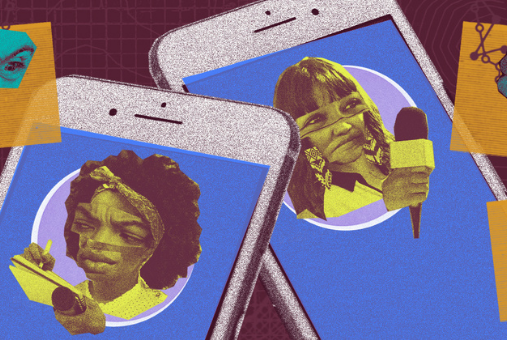
A data journalism study by several news organizations found that Black and Indigenous women in Brazil, in addition to being targets of misogyny and gender violence, face additional attacks online when they speak out against racism.
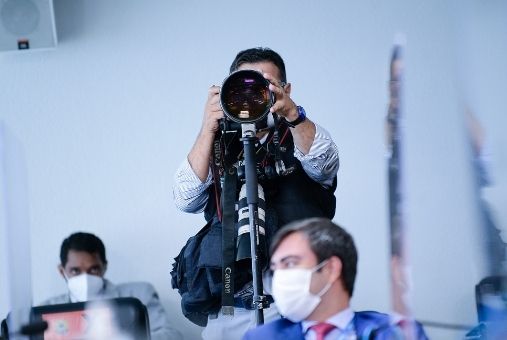
Dida Sampaio, Erno Schneider and Orlando Brito marked an era with iconic photos of political power in Brasília, which are part of the country's history. The three died of natural causes within two weeks.
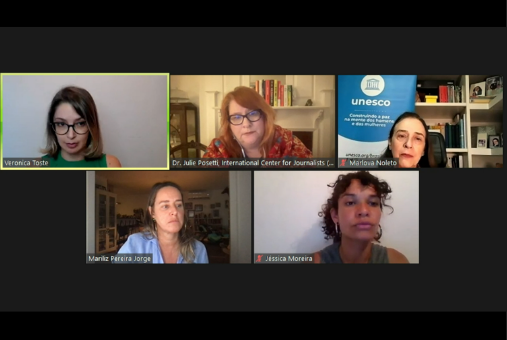
Monitoring carried out by the Brazilian Association of Investigative Journalism (Abraji) recorded 119 cases of gender violence against journalists in 2021 in Brazil. Of these, in 58 cases state authorities were involved – Brazil’s President, Jair Bolsonaro, took part in eight of these attacks. The survey highlights the special vulnerability of women journalists dedicated to the political editorial section, since 60% of the attacks were motivated by coverage of this topic.

Media accelerator Velocidad shared lessons learned in 16 months of consulting, follow-up and financial support to ten news outlets in Latin America. During this time, these media organizations saw improvements in their organizational structure, audience loyalty, business model and product vision and culture.
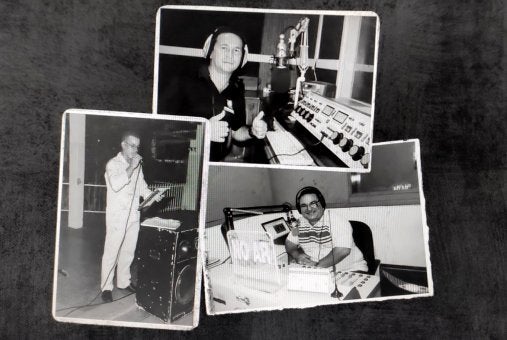
Brazilian documentary 'Boca Fechada' (Gagged) starts from the stories of three journalists killed by gunmen. The film shows the vulnerability of journalists with a critical voice in small towns in the interior of the country.
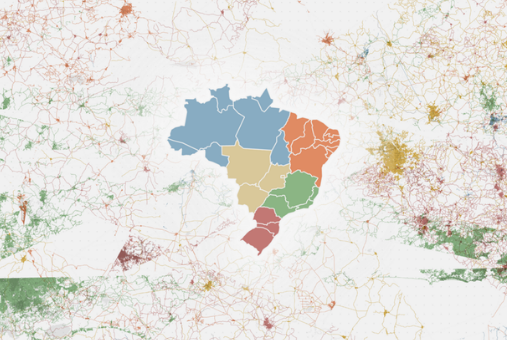
Atlas da Notícia identified a 9.5% reduction in the number of municipalities considered news deserts in Brazil. News deserts are municipalities that do not have local journalistic information and today these number 5 out of 10 Brazilian municipalities.
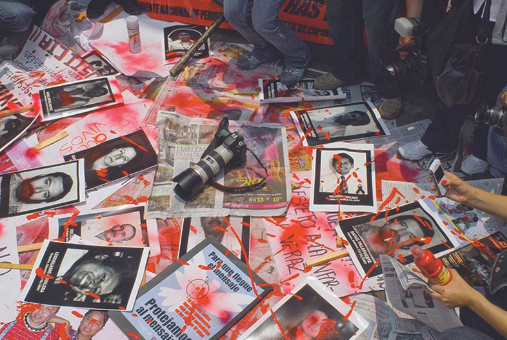
A report by Reporters Without Borders found “serious problems that require urgent changes” in the mechanisms for protecting journalists in these four countries, which account for 90% of the murders of journalists perpetrated in Latin America in the last ten years.
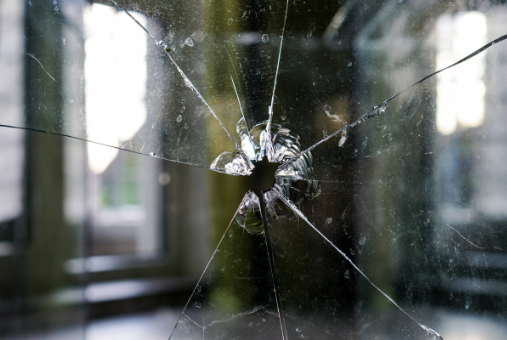
Stories about gangs and criminal organizations, border areas with the ambiguity of their limits and jurisdictions, marginal urban towns or a simple central plaza of a city taken over by drug cartels are some of the Latin American topics and scenarios where journalists of the region can find their best reports or a life or death situation.
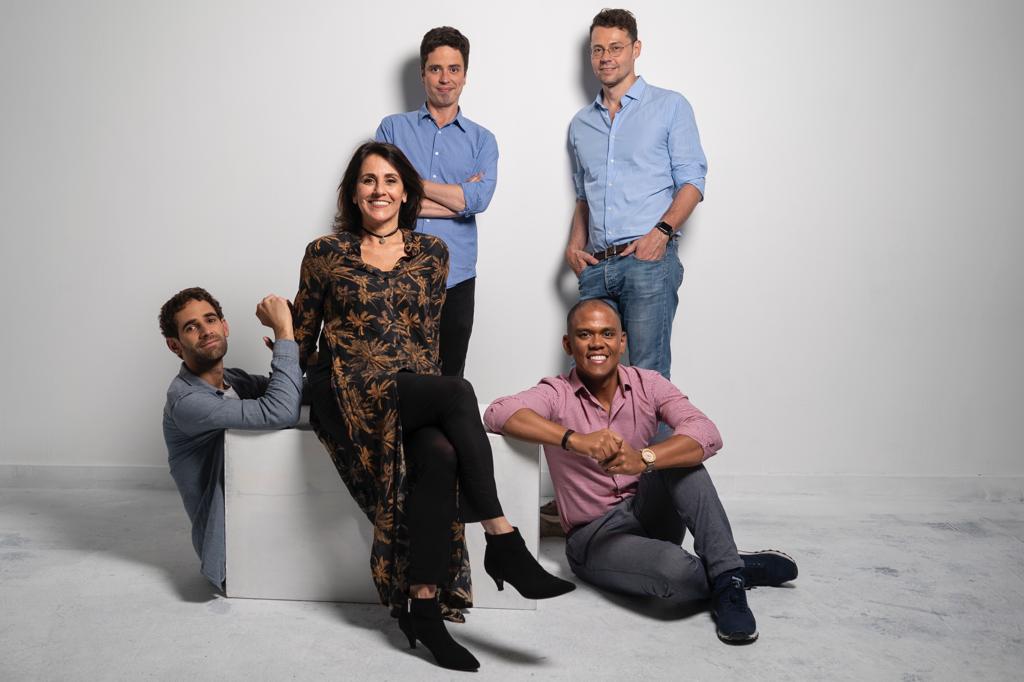
Headline news startup intends to transfer up to 70% of its total revenue — through subscriptions and content licensing — to journalists and independent organizations present on the platform.
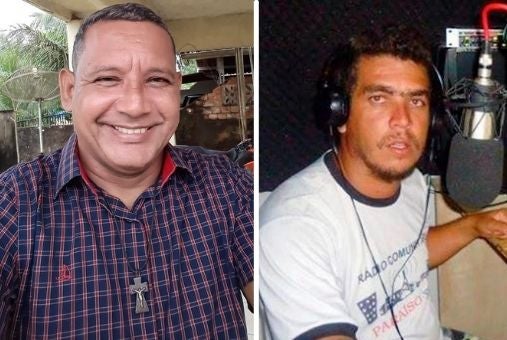
For the second year in a row, President Jair Bolsonaro is the lead attacker of the press in Brazil, according to an annual survey by the National Federation of Journalists. According to the organization, the upcoming national and state elections in October, when Bolsonaro seeks re-election, will increase the risk for journalism in the country in 2022.
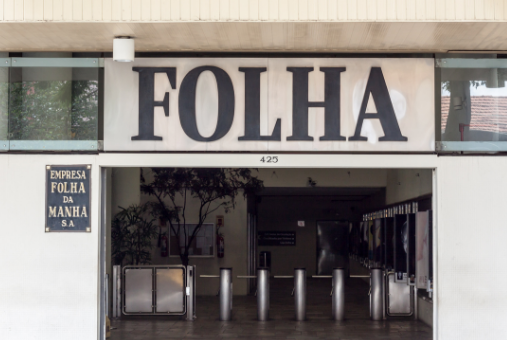
Controversy about racism in the pages of the newspaper happened in the midst of initiatives by Folha to increase the ethnic-racial diversity of its team and its content. For Flavia Lima, editor of Diversidade da Folha, criticism of the journal “does not seek to obliterate the debate, but rather qualifies it.”